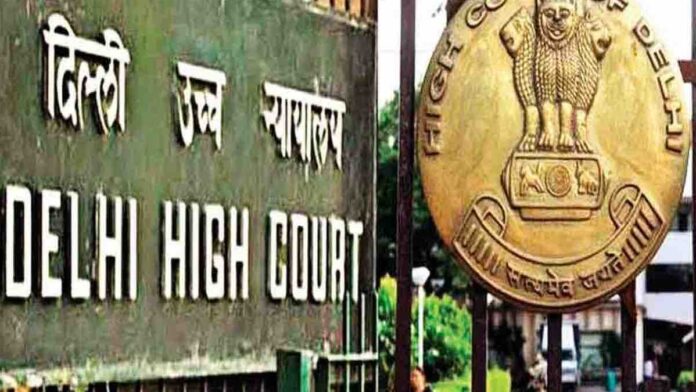In a landmark ruling, the Delhi High Court reaffirmed that dismissal from service does not automatically disqualify an individual from receiving compassionate allowance. The judgment was pronounced by a division bench of Justice C. Hari Shankar and Justice Dr. Sudhir Kumar Jain in W.P.(C) 5687/2024 titled Smt. Usha Devi vs. Union of India & Anr..
To Read More Please Subscribe to VIP Membership for Unlimited Access to All the Articles, Download Available Copies of Judgments/Order, Acess to Central/State Bare Acts, Advertisement Free Content, Access to More than 4000 Legal Drafts( Readymade Editable Formats of Suits, Petitions, Writs, Legal Notices, Divorce Petitions, 138 Notices, Bail Applications etc.) in Hindi and English.




